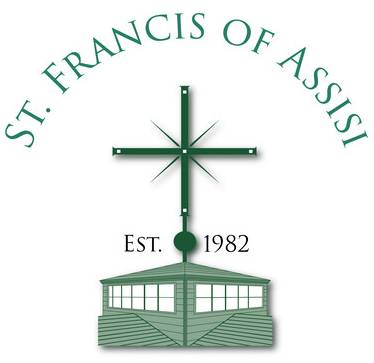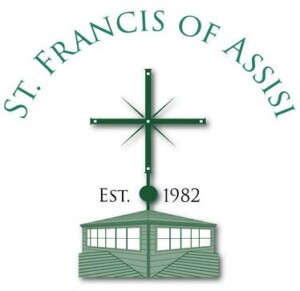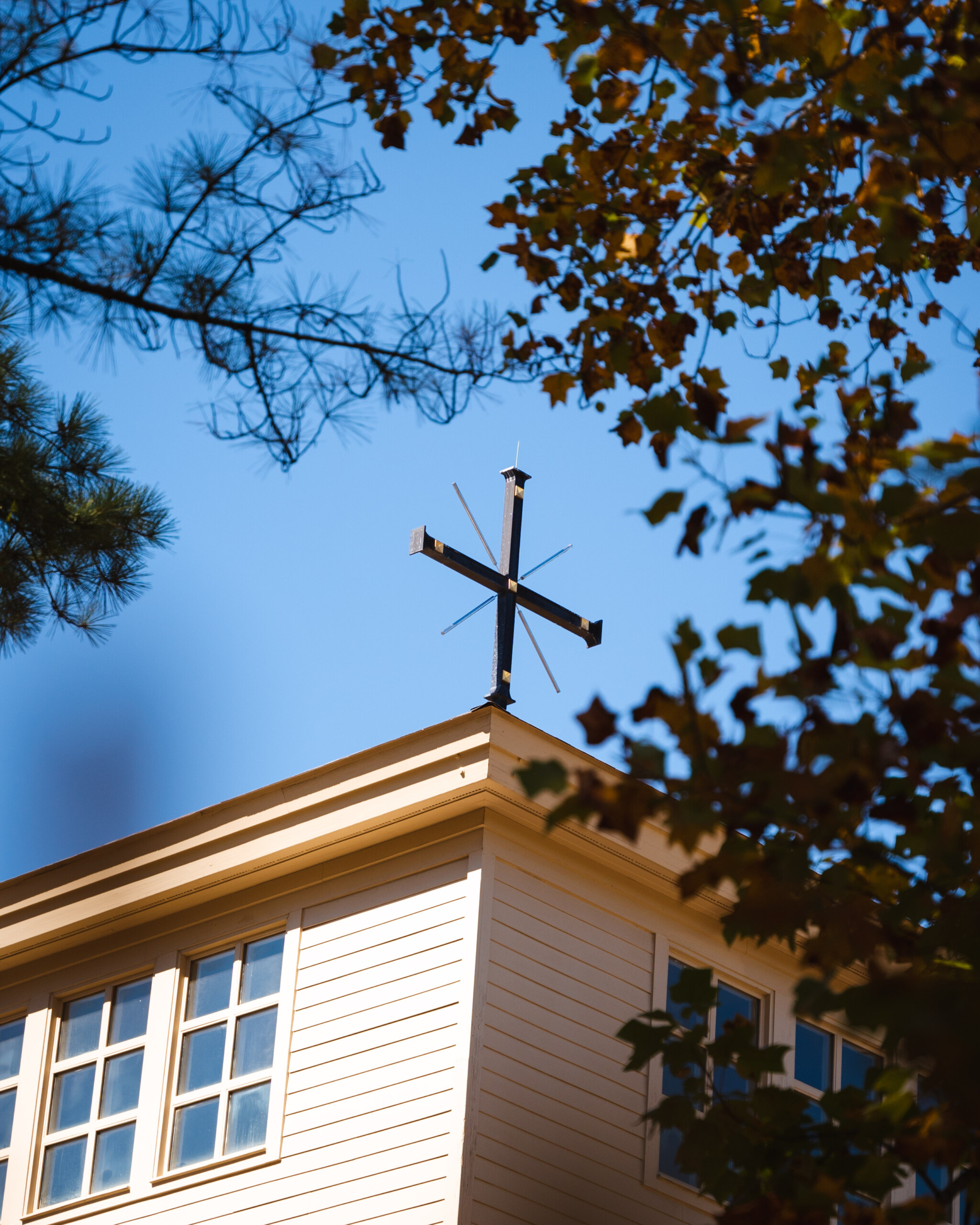When discussing evangelization, Monsignor Michael Clay notes that in 1970, “Alvin Toffler’s book, Future Shock, described why and how our world was rapidly changing and what we could expect the future to look like. He predicted Catholicism and Evangelicalism would be the two largest denominations in the U.S. today. This is the case. However, the evangelical tradition may outpace Catholicism in the U.S. if current trends continue.”
“Catholicism is currently the largest denomination in the US,” says Father Michael, “but its growth is primarily due to immigrants rather than children being baptized into and raised in the Catholic faith. Departures from the Catholic Church continue for various internal and external reasons.” There are self-inflicted wounds by the Church, like the sex abuse crisis, failure to modernize the Church to meet the needs of the 21st century, and failure to update an antiquated system of religious formation that remains largely child-based instead of family-based, a formation based on becoming a loyal Catholic rather than a mentally, spiritually, and emotionally mature adult believer in the world. He adds, “There are growing concerns about where Catholicism in the U.S. will be in another 50 years, and the Catholic Church is attempting to look within to address its future. While we have widely diverse worldviews and many things about which we disagree, one emerging area of convergence between Catholicism and the Evangelical Church is the importance of evangelization.”
As Monsignor Clay emphasizes, “At its core, evangelization in the Catholic Church is 1) the proclamation of the Good News of Jesus Christ, 2) leading to an invitation for those who have heard this proclamation to develop a personal relationship with Jesus Christ, and then 3) to become part of and pray regularly with a community of those who believe and try to live out this Good News in daily life. This is called primary evangelization. Our evangelical friends do this, and it increasingly results in robust growth and commitment to the Christian faith. We can look within our faith community at St. Francis and explore ways to deepen faith and provide an environment fostering that depth and commitment.” Father Jim Sabak, Director of the Office of Divine Worship for the Diocese, reminds us, “We must remember, the idea of community is not just that I’m in church with other people. The greater idea is that I am in church with others because I recognize that others in some way matter to me. The concentration on ‘getting into heaven’ with little concentration on life here and now, with other people, can be one-sided and manipulative of God.”
Dr. Amy Daniels, Director of the Office of Evangelization and Discipleship for the Diocese of Raleigh, emphasizes, “Evangelization is THE task of the Church! ‘To bear witness, simply and directly, to God revealed by Jesus Christ, in the Holy Spirit; to bear witness that in his Son God has loved the world, and has called each one of us to eternal life.’ There are daily opportunities to encounter Christ and be transformed, leading to a deeper experience and understanding of an ongoing interrelationship of God among His people.”
Monsignor Clay observes that “in an earlier time when families tended to live near the extended family, the local church was a center of family and social life and society was less complex. We didn’t need to be as intentional about primary evangelization because the family, the local church, and the larger community helped keep people connected to faith. Instead of primary evangelization, the local church focused on ‘secondary evangelization.’ Religious instruction about the faith in Catholic schools and religious education programs, like C.C.D., was the norm and supported through social organizations (e.g., Catholic Daughters of America) and pious faith associations (e.g., Legion of Mary), strengthening a sense of belonging to a faith community. Even society supported the life of faith. For example, many stores were not open on Sundays. Unfortunately, this support network no longer exists. As a result, religious education in Catholic schools and parish faith formation programs that focus largely on instruction about the faith are failing to inspire children and their parents to a deeper relationship with Christ and the Church.”
Father Jim adds, “A parish that does not evangelize is a parish that is dying. We celebrate liturgy to learn, first and foremost, what it means to live as a believer in the world, and God teaches us in the Liturgy of the Word; this is essential. God speaks to us through the centuries and millennia to remind us who we are, to whom we belong, and our mission and purpose on this good earth. Our response to this call and teaching is the Liturgy of the Eucharist, where we are supposed to recommit once again, if only week to week, to try to live out this responsibility in authenticity and truth in our daily lives. Father Jim continues, “To get locked up in praising God only is to be locked in a bubble that accomplishes very little. Evangelization puts us into the midst of the world with all its joys and hopes, griefs, and anxieties, and tries to show the world how Christ not only helps us navigate these well but also reveals significant meaning within them.”
Monsignor Clay has innovative plans for evangelization at St. Francis. “We are embarking on a journey to make primary evangelization an increasingly important component of our mission,” he says. “There are several endeavors we are starting or improving. This includes increasing opportunities for retreats with a primary evangelization focus and utilizing our trained spiritual directors to accompany adults who want to explore faith more deeply, as well as opportunities to study the Bible and read books on spirituality.” Father Jim notes the importance of RCIA and these other formation efforts as keys to evangelization. “RCIA is a very important means for accomplishing what Jesus says the apostles and all believers must do. Evangelization is a means for living in the world, living a life that is lived to its fullest, and a life that breathes and expresses the glory and wonder of God in our humanity and all creation.”
Knowing today’s children are the present and the future of the Church, Monsignor Clay points out efforts at St. Francis with this future as the focus. We are, he states, “implementing the ‘To Know, To Believe, To Live’ series (a.k.a., KBL) for adults and adapted for all children between kindergarten-8th grade at The Franciscan School and our faith formation programs, offering a Sunday Mass twice a month during the academic year that is adapted to children, increasing opportunities for children and youth to be involved in various ministries at Sunday Mass, strengthening our youth and young adult ministries, and increasing opportunities for our children, youth, and adults to know and practice the doctrinal principles of Catholic Social Teaching in a world that is becoming increasingly polarized and imperiled by societal and secular values contrary to the Gospel.”
The Diocese supports evangelization efforts at the parishes. “The diocesan Office of Evangelization and Discipleship staff members,” says Dr. Daniels, “are here to serve pastors, chaplains, and lay leaders in a consultant capacity. The model of service provides customized support for the parish’s task of sharing the Good News of Jesus Christ and forming disciples in its location with an understanding of that community’s unique needs. The staff also assists by sharing best practices, networking, and providing formation and training opportunities for ministry leaders.” In addition, she adds, “The Diocese of Raleigh created ‘Always Be Ready: A Foundational Course in Evangelization.’ This series features Bishop Luis Zarama and is a tool that provides the essential knowledge, skills, and practices to enable the faithful to share the Good News of Jesus Christ.”
“I’m not a futurist,” says Monsignor Clay, “But the tea leaves are pretty clear that we must double down on helping our children, youth, their parents, and adults, in general, hear the Good News of Jesus Christ, know the Lord on a personal level, and invite them to be part of a community of people who themselves are convinced the Good News is indeed good, so good that it must be shared with others both in word and deed.”
Author: Mike Watson







